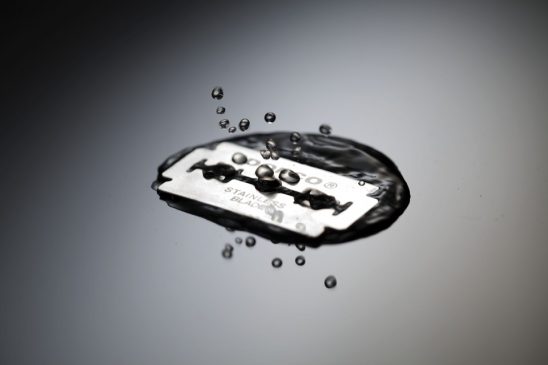Razer Softminer: Tricking Children Into Crypto Mining?
December 14, 2018 by Tyson O’Ham
Razer, prominent makers of PC peripherals and other obnoxious light-up gamer gear, recently launched Razer Softminer to squeeze even more money out of adolescents and the people who support them. This time, though, there isn’t even the pretense of cheap plastic computer enhancements – the new program is basically de facto mining malware in the guise of a loyalty-points app.
Also see: Boerse Stuttgart, Europe’s 10th Largest Stock Exchange, Preps for Crypto
Subscribe to the Bitsonline YouTube channel for great videos featuring industry insiders & experts
A Raw Deal from Razer?
Razer, the self-billed “leading lifestyle brand for gamers,” has put out a program called the Razer Softminer. The program harnesses a host device’s hash power in exchange for non-transferable loyalty points called Silver.
These points can be redeemed for various trinkets, up to and including a fancy keyboard.
But Silver acquisition is limited to a daily maximum, and because they’re worthless otherwise, it’s a bit of a raw deal.

Regardless of how you feel about proof-of-work mining, it’s hard to justify the strategy being employed by Razer here.
They’re targeting low-information users to mine for them in exchange for a tiny fraction of the value of that service.
They’re relying on the strength of their brand name to blind people to the fact they could be making much more on a hash-rental service using the exact same hardware.
It’s an unfair deal as is, simply put, and that’s just the first half of it.
A Problematic User Base
Children make up a significant portion of Razer’s target demographic, adding another reprehensible wrinkle to the launch of this program. Kids know not what they do, as it were.
The company may have disclosed the software will be mining cryptocurrency in devices’ backgrounds, but it’s probable that a majority of their users will be using the program without letting the people actually paying their electricity bills know.
While this isn’t the first time a freeware application has included mining as a subsidy, it may be the first time that the primary function of that freeware is to mine for the distributors with no other intrinsic utility.
Razer is, in effect, recruiting children to clandestinely game electricity from parents in exchange for branded merchandise. One can at least reasonably make that argument as the situation currently stands.
Zooming out, the ball’s in Razer’s court for now.
What’s your take? Is the new Razer Softminer program unethical? Let us know if you agree or disagree in the comments section below.
Images via Razer, Pixabay




